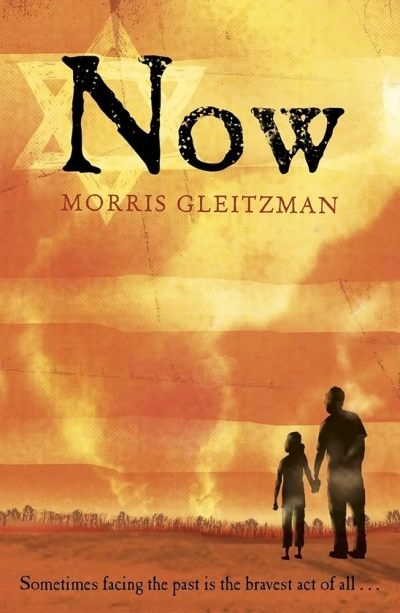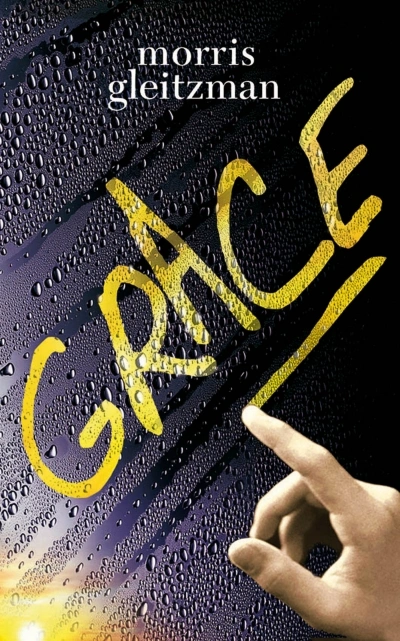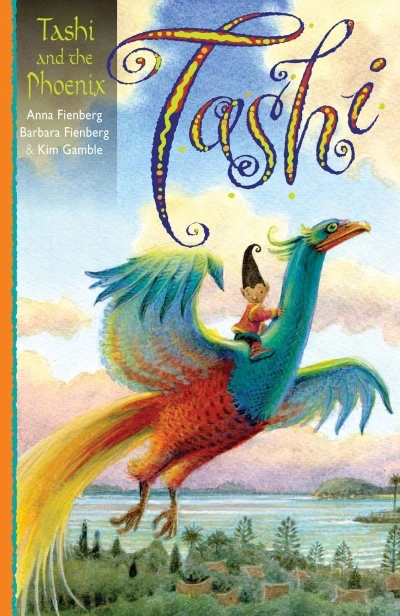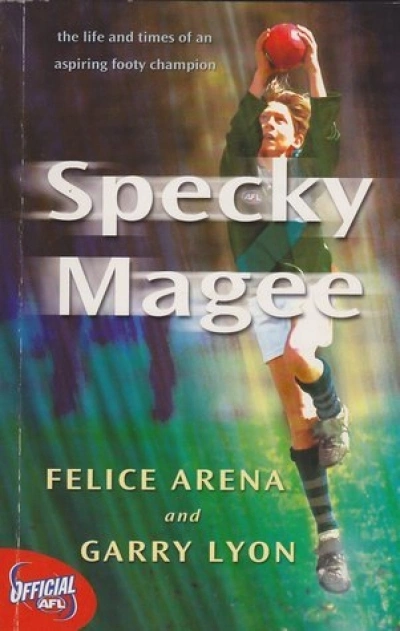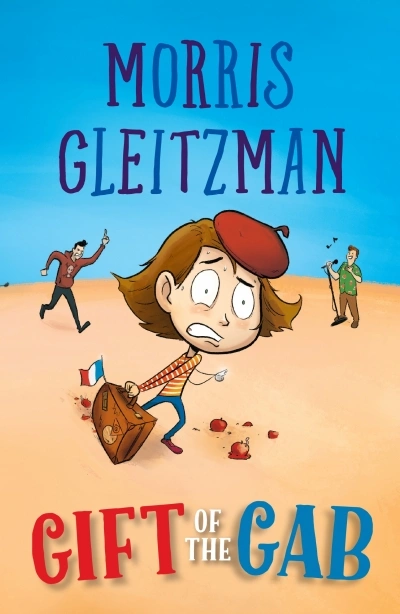Morris Gleitzman
Anybody who knows a little about the role played by Australian horses in World War I will know that the story did not end well for the horses: 136,000 left these shores, and one returned. Readers of Morris Gleitzman’s Loyal Creatures (Viking, $19.99 pb, 160 pp) who are unaware of this statistic might be in for a shock.
At the outbreak of war, Frank Ballantyne, not quite sixteen, is working with his father, sinking bores and locating water for farmers in the outback. It is a skill that will serve Frank and the army well in the deserts of Egypt and Palestine, which, after lying about his age, he finally reaches – with his horse Daisy, and his father, who has also enlisted – in 1915.
... (read more)Now by Morris Gleitzman & Where There’s Smoke by John Heffernan
Stella Lees
Philip Reeves’s Infernal Devices (Scholastic) is the third part of a quartet about cities on wheels trundling about a future Earth. It has action, irony, intertextuality and flawed characters – some with dark agendas – and displays an original and startling imagination. Number four will complete the best fantasy since Philip Pullman’s His Dark Materials trilogy. On a smaller scale, and closer to home, Runner (Penguin), by Robert Newton, brings Depression-era Richmond alive. Young Charlie is employed by Squizzy Taylor, until the boy realises he’s doing the devil’s work. Newton’s wit lightens a tough tale with the inventive and laconic speech of Australian battlers, so that, when you’re not blinking back a tear, you’re laughing aloud.
... (read more)Girl Underground by Morris Gleitzman & Tiff and the Trout by David Metzenthen
Specky Magee by Felice Arena and Garry Lyon & Treasure Hunters by Allan Baillie
Pat Flynn’s Alex Jackson: Grommet gets off to a confused start: no less than fifteen named characters in five pages, and a narrator determined to cram in as much background information as possible. Eventually the story starts to sort itself out. When it does, as the title itself indicates, we are in Lockie Leonard territory. The surfboard is a skateboard, Dad is a retired boxer instead of a policeman and, like Tim Winton’s eponymous hero, Alex is having trouble adjusting to his first year of high school and coping with his raging hormones:
... (read more)

